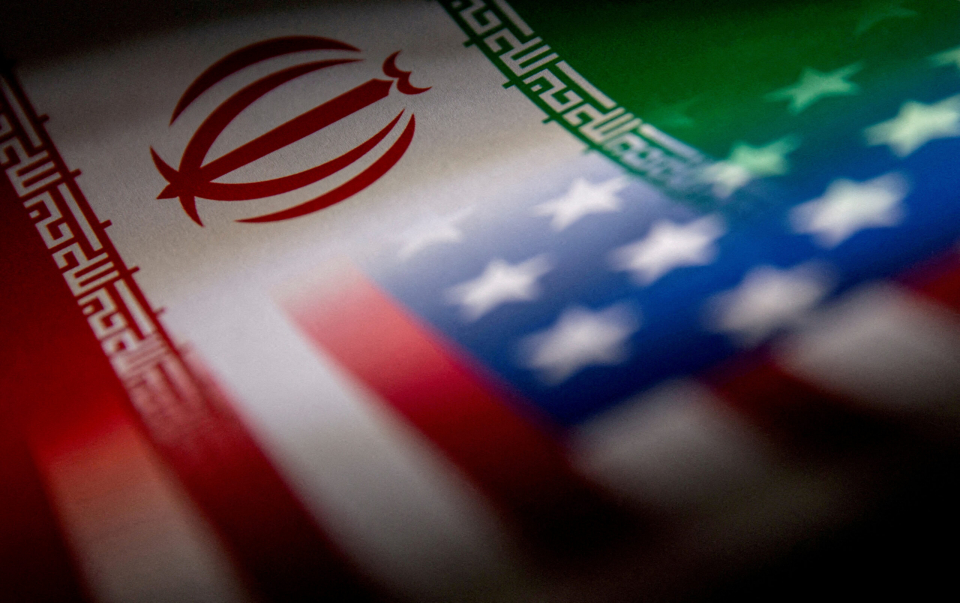The US Treasury Department has unveiled another set of sanctions targeting Iran's ballistic missile and nuclear initiatives.
Announced on Wednesday, the Office of Foreign Assets Control (OFAC) under the Treasury singled out three procurement networks operating in Iran, Turkey, Oman, and Germany. These networks stand accused of aiding Iran's ballistic missile, nuclear, and defense efforts.
According to the Treasury, these networks were involved in the acquisition of carbon fiber, epoxy resin, and other materials for Iran's missile development. Allegedly, these supplies were utilized by entities like the Self-Sufficiency Jihad Organization of the Islamic Revolutionary Guard Corps Aerospace Force and the Ministry of Defense and Armed Forces Logistics (MODAFL), both under US sanctions.
Brian Nelson, the Treasury's under secretary for terrorism and financial intelligence, condemned Iran's covert procurement networks, emphasizing their role in fueling conflicts and endangering civilian lives. He pledged to disrupt these networks and hold countries aiding Iran's drone and missile activities accountable.
This move follows previous sanctions targeting Iran's ballistic missile and drone procurement programs, signaling Washington's increasing pressure on Tehran amid its support for the Axis of Resistance against Israeli aggression in Gaza.
Despite the Joe Biden administration's diplomatic overtures towards Iran and efforts to rejoin the 2015 nuclear agreement, commonly known as the JCPOA, it has not only failed to reenter the deal but has also intensified sanctions against Iran.
Former President Donald Trump reinstated harsh sanctions on Iran in 2018 after unilaterally withdrawing from the JCPOA, despite Iran's compliance with its terms. Iran maintains that its military programs, including its missile industry, serve defensive purposes and are not up for negotiation.

















